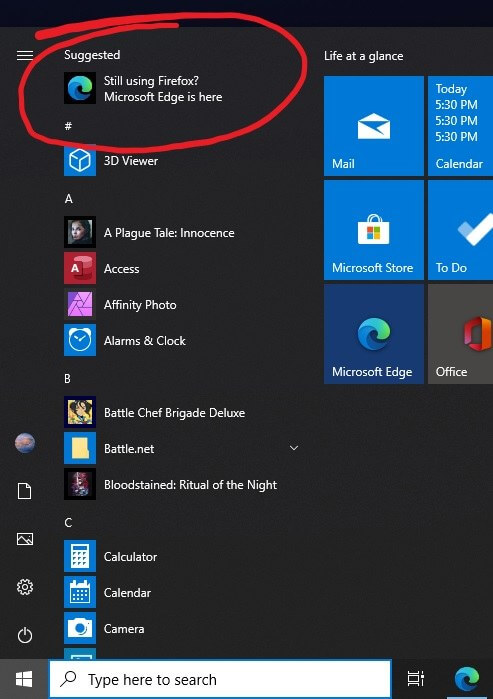Why it matters: Google has stopped showing an alert to users of Microsoft’s Edge browser that warned them of security risks and advised switching to Chrome.

It was reported last month that whenever someone accessed the Chrome Web Store using Edge, they were met with a message that read: “Google recommends switching to Chrome to use extensions securely.”

What’s strange is that Microsoft last year rebuilt its browser with the same Chromium platform used by Chrome, Opera, Vivaldi, and others, meaning that Edge is compatible with extensions designed for Chrome.
It looked like the warning was just anti-competitive behavior from Google. Despite Chrome taking a 67 percent share of the browser market, versus Edge’s six percent, was the search giant trying to steal more users from its competitor? Not according to the company.
Speaking to Bleeping Computer, Google said it was displaying the alert because Microsoft Edge does not support Google's Safe Browsing Feature, a service that shows users a warning message before they visit a dangerous site or download a harmful app.
While the warning never stopped Edge users from installing and running Chrome extensions, it could have convinced some people that they should switch browsers to improve security, despite both being built on Chromium.
Now, however, the warning has disappeared. When Edge users visit the Chrome store, they’re met with a message that reads: "You can now add extensions from the Chrome Web Store to Microsoft Edge -- click on 'Add to Chrome'."
It’s unclear why Google decided to change the alert—maybe it was over the negative publicity—but Microsoft isn’t a stranger to these sort of tactics, either. The Redmond firm makes Edge the default browser in Windows, tries to dissuade users when they search for and install Chrome, and a Start Menu ad recently suggested switching from Firefox to Edge.

Image credit: Windows Latest
https://www.techspot.com/news/84315-google-has-stopped-warning-people-about-dangers-edge.html